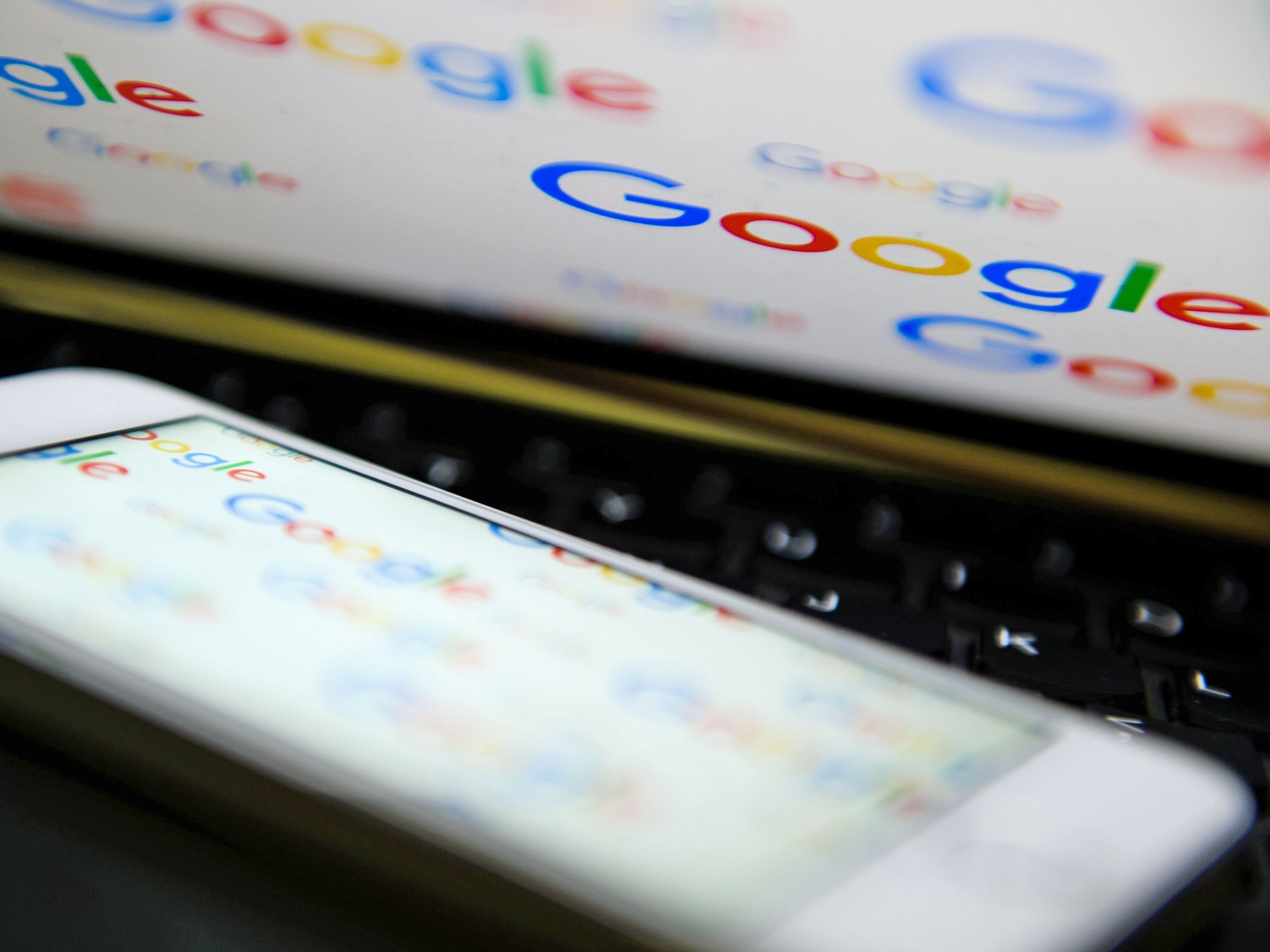Google, Facebook and Twitter should share users’ information to fight piracy and terrorism, says report
The idea of extensive data-sharing between large companies and government agencies is hugely concerning

Your support helps us to tell the story
From reproductive rights to climate change to Big Tech, The Independent is on the ground when the story is developing. Whether it's investigating the financials of Elon Musk's pro-Trump PAC or producing our latest documentary, 'The A Word', which shines a light on the American women fighting for reproductive rights, we know how important it is to parse out the facts from the messaging.
At such a critical moment in US history, we need reporters on the ground. Your donation allows us to keep sending journalists to speak to both sides of the story.
The Independent is trusted by Americans across the entire political spectrum. And unlike many other quality news outlets, we choose not to lock Americans out of our reporting and analysis with paywalls. We believe quality journalism should be available to everyone, paid for by those who can afford it.
Your support makes all the difference.Technology giants such as Facebook, Google, YouTube and Twitter need to collaborate in order to catch pirates and terrorists, says a new report.
It calls on the companies to start sharing information about users, in a similar manner to how casinos share information with each other to catch cheats.
According to the document, doing so could help combat a wide variety of issues including hacking, malware, fake news and child pornography.
The controversial suggestions are laid out in the Digital Citizens Alliance’s new ‘Trouble in Our Digital Midst’ report.
“While digital platforms collaborate on policy and technical issues, there is no evidence that they are sharing information about the bad actors themselves,” it reads. “That enables criminals and bad actors to move seamlessly from platform to platform.
“There are numerous examples of industry working together to identify and share information about exploitive behavior. For example, casinos share information about card sharks and cheats, and for decades the retail industry has shared information about fraudulent credit cards.
“A similar model would enable digital platforms and law enforcement to more quickly identify and combat those seeking to leverage the platforms to harm consumers.”
The idea of extensive data-sharing between large companies and government agencies is a hugely concerning one, as it puts citizens' rights at risk.
Theresa May fiercely criticised technology companies in the wake of the London Bridge terror attack, accusing them of providing terrorists with “safe spaces” online.
She has also called for the internet to be strictly regulated, and wants to introduce tight restrictions on what people can do online.
The Digital Citizens Alliance’s report focuses on a number of “illicit activities”, but suggests that the same measures can be used to tackle all manner of problems.
“Our best hope is both greater coordination among law enforcement and digital platforms – for example when a digital pirate is caught on Facebook, all other platforms should be alerted to be on the lookout for him or her so they can take action to block the pirate quickly,” adds the report.
Join our commenting forum
Join thought-provoking conversations, follow other Independent readers and see their replies
Comments